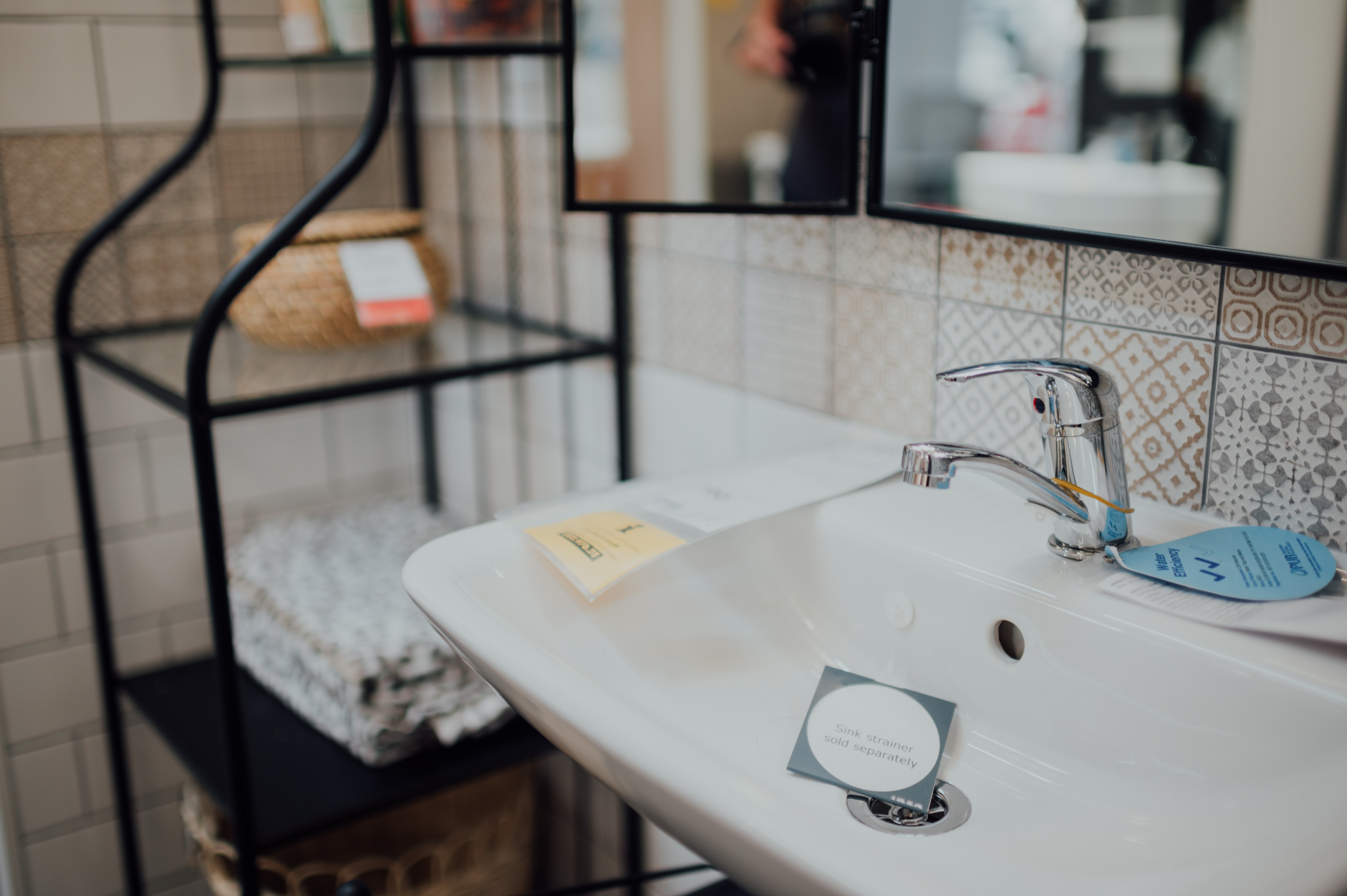
Clogged drains are one of the most common plumbing issues homeowners face and there are a number of causes, from hair build-up through to the flushing of toys down the toilet (thanks kids).
Inevitably, at some point in your life, you’re going to be faced with clogged drains, but you can take some proactive advice for prevention. Here are some good tips to follow:
- Food scraps belong in the bin or the compost heap. Don’t wash them down the sink or they may get stuck in the bends of the drains or attach to oils and fats on the sides.
- Grease, oil, fat, and coffee grounds should not be disposed of via the sink, but rather add them to your garden, or freeze them and put them in the bin on garbage day.
- Use a strainer or trap to prevent hair and soap from escaping down your bathroom drains. If you want to shave your head or cut your hair, do this outside rather than in the bathroom.
- Before you bathe, give your hair a good brush to remove loose hair. This will help you prevent a lot of hair from going down the drain and reduce the stress on your strainer/trap.
- If you wash your pet in the tub or shower, be aware that a strainer/trap probably won’t be sufficient. In this case, use a wash or facecloth to cover the drain. Dogs shed so much during bathing that the process can easily clog your drain, even when the trap is in place. The best idea is to wash the dog outside instead.
- Be careful what you flush down your toilet. If it isn’t toilet paper or it doesn’t come from your body, then your best bet is to bin it rather than flushing it. Don’t toss dental floss or sanitary products down the toilet, and don’t throw kitchen rolls or baby wipes there either. These are some of the most common causes of blockages in toilet drains.
Essentially, you should never flush plastic, food, sanitary products, paper towel, cardboard, or harsh chemicals down the drain.
Before you call for help
Before you dive for your phone to call a plumber, there are a few tips you can try to deal with your clogged drain.
Use a drain stopper: A drain stopper is a great way to prevent unwanted debris from going down your drain in the first place. If you aren’t familiar with your drains, check first to see if there is a drain stopper in place and if there is debris (hair, food, etc) present, then remove the stopper to clean it before you reassemble it.
Try natural methods: If you want to try to unblock your drains naturally and don’t have a drain cleaner, there are a few methods you can try. Start by removing as much standing water from the sink as you can, then pour boiling water directly into the drain. If the build-up is caused by oils, this may be very effective. Repeat a few times. If that doesn’t do the trick, pour a cup of baking soda directly into the drain, followed by a cup of white vinegar. The mixture will fizz. Let it sit for around 15 minutes, then run hot water down the drain as well.
Grab a plunger: Any plunger, and cover the impacted drain with the bell of the plunger to ensure sealed edges. Push in, pull out, push in, pull out. This forces water through the pipes. If the clog affects the sink, try running an inch or two of water before you attempt to use the plunger.
Use the snake: If you tried the plunger and it didn’t work out, it’s time to grab your auger (which is really just the fancy name for the plumbing snake). They’re incredibly easy to use – simply push it down the drain and tweak it as it ekes around the corners of your pipes. The tip of the snake will grab onto any blockages so you can tease them out. If that doesn’t work, keep in mind that professional plumbers have longer snakes to reach deeper, bigger clogs.
Know your p-trap: Under your sink, typically in the bathroom and kitchen, there is a u-shape pipe. It’s the easiest thing to tackle. To unclog this, unfasten the P-trap from the drainpipe, then clean it out and position it back in the right place. Just be sure you use a bucket underneath to collect debris and water before you unfasten the pipe. You can also snake this once unfastened. If you don’t have a snake, you can grab a wire coat hanger instead and try that.
Maintaining clean drains
Weekly: Drain clean and flush
Once a week, pull all your stoppers from sinks and clean any debris from them and the drain. Also, each week, fill your bath with hot water before draining it. You should also allow the hot water to continue in your shower for a moment before you switch it off. In the kitchen, laundry or workshop, run a kettle full of boiling water down the drains each week to help remove any debris or oils that may have built up. You could also consider running vinegar and baking soda down the drains each week.
Monthly: Deep clean and bacterial drain
With the monthly clean, consider using a snake on drains you know get a particularly rough time. Also, a bacterial cleaner for your drains is non-corrosive and bio-degradable which means there is no risk of damaged pipes. By taking time out to do a bacterial drain cleanse monthly, you’re fighting off potential clogs before they have a chance to build up. You can do this yourself, or opt for professional assistance.
Taking care of your drains and keeping them free from debris will certainly help when it comes to blockages, but if you do face problems still, get in touch with JRT Plumbing today! Never leave blocked drains in the hopes they will fix themselves or you could end up with broken pipes, bad smells, and a very messy house.





